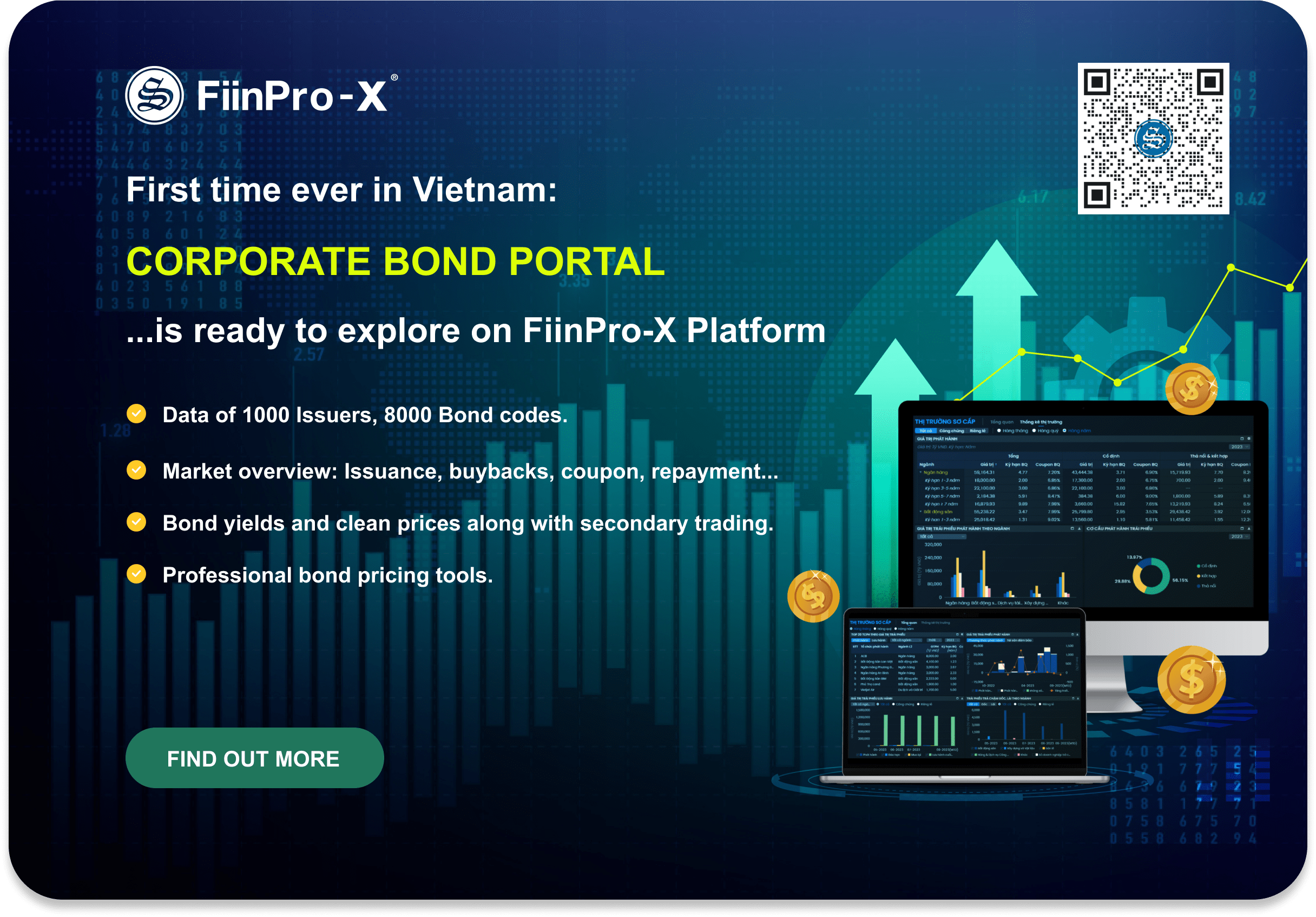
Southern policies help level up investment from East Asia

East Asian investors continue to lead foreign investment inflows into Vietnam, with strong interest in green growth and innovation, driven by their governments’ expansion of new policies.
The Inno Vietnam-Japan Meetup will open on April 23 as part of the “Vietnam-Japan Joint Initiative in the New Era”, which was launched in March.
At the event co-organised by the Japanese Chamber of Commerce and Industry in Vietnam, the Japan External Trade Organization (JETRO), and Vietnam’s National Innovation Centre, a dialogue session from Japanese businesses with experience investing in startups will be held, with innovation discussions included.
Innovation and digital transformation, and sustainable development are key interests among Japanese businesses in Vietnam. Green and new energy is also a sector to watch, although the industry fluctuates, according to JETRO.
Japanese Ambassador to Vietnam Yamada Takio said, “The joint initiative will continue to promote innovation as well as develop manufacturing and supporting industries in Vietnam to build a sustainable value-added chain system.”
Businesses from East Asian economies like mainland China, Taiwan, Hong Kong, and South Korea are moving to seek new opportunities in Vietnam. At the Horasis China Meeting 2024 held in the southern province of Binh Duong last week, participants discussed the trend of Chinese investment in Vietnam.
According to the event, the fields that are attracting Chinese investment include electronics, IT, AI, and biotechnology. An emerging industry that China is focusing on developing is healthcare services for the elderly.
Veronica Shim, founder of E-Alliance, “Currently, China and Vietnam are at different stages of development, but in terms of financial investment, the two countries have similarities, which is the state’s management role in financial activities, including banking activities. Both countries have developed financial markets. However, to promote development, more open financial policies are needed.”
Not an exception in this trend, more than 2,000 Taiwanese enterprises gathered at the Vietnam-Taiwan Business Forum in early April to seek partners.
So far, Vietnam has welcomed many powerful Taiwan investors such as Foxconn, Wistron, Qisda, Pegatron, Compal, and Quanta. More Taiwanese businesses are expanding their manufacturing plants in many fields, especially the high-tech industry, the forum heard.
Le Net, lawyer at LNT & Partners told VIR, “Taiwanese investments are part of its New Southbound Policy in which Vietnam is a key partner. These policies are economic strategies that incentivise Taiwanese entrepreneurship in the ASEAN region, particularly in Southeast Asian markets.”
Similarly, investment in high-tech, chips and semiconductors continues to be an important field in the South Korean investment structure in Vietnam.
“In the near future, there will be more diversity in South Korean investments in Vietnam, not only in the production and manufacturing but also in billion-dollar energy projects,” said Hong Sun, chairman of the Korea Chamber of Business in Vietnam.
“During recent high-level talks, the two sides mentioned promoting many new areas of cooperation, especially in energy, considering it a firm foundation to attract South Korean investment inflows into Vietnam. It is a perfect opportunity for our investment in Vietnam,” Sun added.
According to experts, this strong interest is backed by their governments’ southern policies. For instance, the Vietnam-Japan Joint Initiative is the expansion of the Japanese government’s southern policies, in which Vietnam is a key target country for cooperation.
In 2003, the Vietnam-Japan Joint Initiative began. In that time, it has completed eight phases, contributing to a 20-fold increase in investment from Japan to Vietnam.
Vaibhav Saxena, foreign counsel at Vilaf, highlighted that the significance of the southern region policies implemented by governments play a pivotal role in supporting businesses as they expand southward.
“By diversifying their supply chains and reducing reliance on specific countries, these policies attract investment flows to the region, with Vietnam emerging as a prime target. The country’s dynamic economy, and favorable investment climate continue to make it an attractive destination for East Asian investors,” Saxena said.
Japan, South Korea, mainland China, Hong Kong, and Taiwan have been the biggest foreign investors in Vietnam in recent years. According to the Ministry of Planning and Investment, in 2023, Japanese investors poured nearly $6.57 billion into Vietnam, accounting for more than 17.9 per cent of the country’s total capital, and rising 37.3 per cent on-year, placing it second among those investing here.
The growth momentum continued to rise in the first quarter of 2024, when Japan was in the top five biggest foreign investors in the Southeast Asian nation.
Last year, global foreign direct investment flows tended to decrease, but funding from Taiwan into Vietnam reached nearly $2.88 billion. Cumulatively, Taiwan currently ranks fourth out of 105 markets pouring money into Vietnam, with nearly 3,200 projects and a total registered capital of over $39.5 billion.
Bich Thuy
« Go Back
Our Events
-
Jan 28, 2019
[FiinPro Data] 2018 Earnings Update: 82% of businesses reported profits with a 16% growth
-
Dec 07, 2018
-
Oct 22, 2018
-
Oct 09, 2018
-
Apr 28, 2020
FiinGroup - Liberation Day and International Workers' Day Closing Announcement 2020
-
Oct 22, 2018
Vietnam Real Estate - Where is the market heading to?
The domestic real estate market has had a period of strong growth in the past five years, will this bull market continue and support real estate stocks to lead the market?